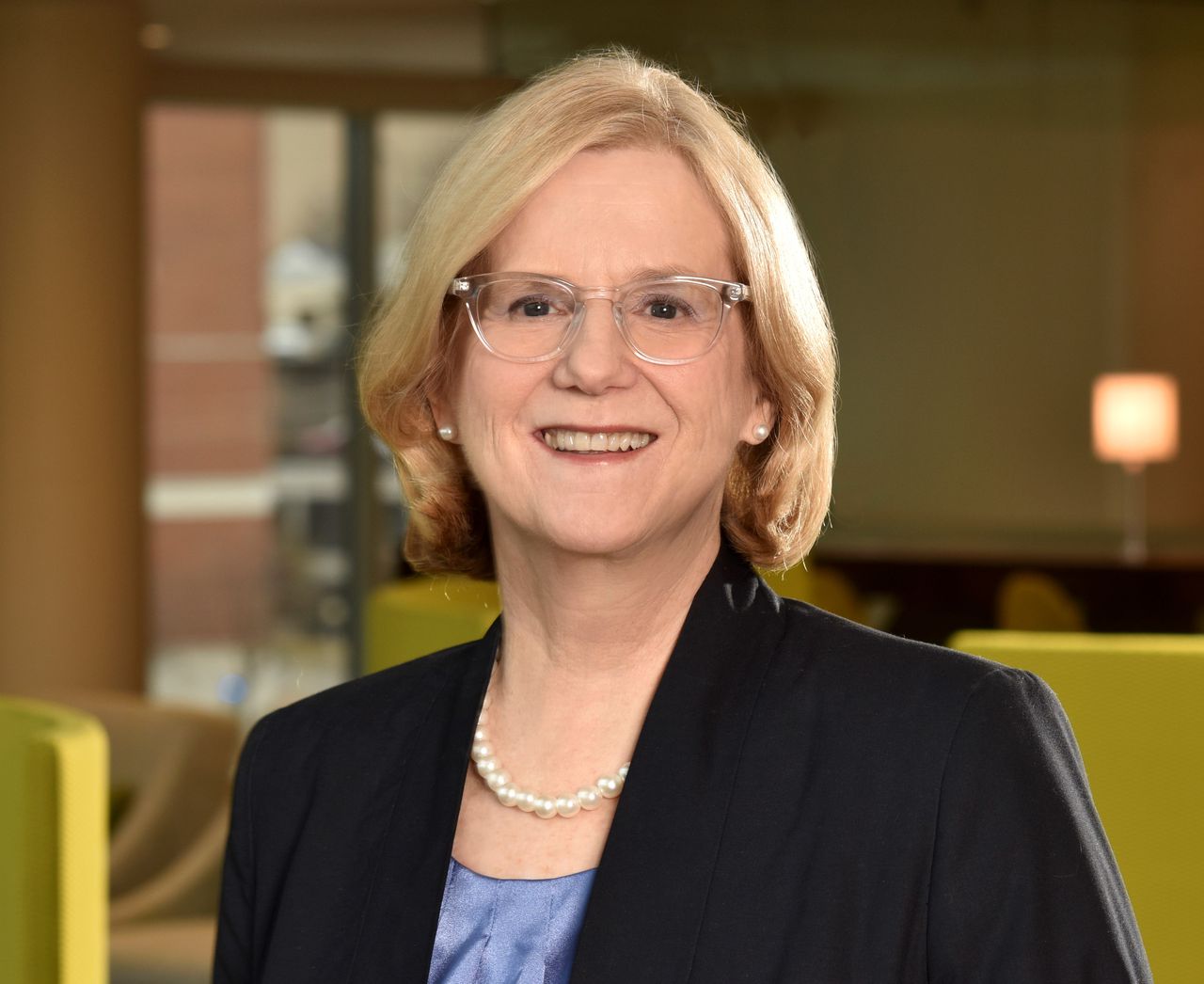Healthcare pro: Alabama’s mental health requires these steps
My New Year’s wish for Alabama is a gift that will benefit us all: a mental health workforce for our state. Treatment of psychiatric disorders works but there is no treatment at all if there are too few mental health workers with expertise in recovery.
Unfortunately, in 2022, access to mental health care has been limited by the size of the mental health workface. Sadly, for Alabama, our current ranking for mental health care is 49th.
Our nation has long experienced a mental health crisis, but it is about to be much worse. Since Covid, this crisis has gained momentum. Substance use disorders abound, in all ages. Suicide has become the second leading cause of death for children and teens; during the height of the pandemic in early 2021, suicide attempts rose by 50.6% among teen girls compared with the same period in 2019. Of the 48,000 U.S. suicides in 2021, 6,600 were young people under 24. The U.S. Surgeon General rightly declared a national state of emergency in child and adolescent mental health.
A major reason for the larger need for mental health services is trauma. Covid was a mass trauma: 1.1 million Americans have died with Covid since 2020, according to the Centers for Disease Control. But another mass trauma is also occurring: the fentanyl (opioid) crisis. Fentanyl is the leading cause of death for adults. During 2021, approximately 100,000 Americans died due to drug overdoses (most involving fentanyl) with similar numbers expected for 2022. But only 1.4% of Americans experiencing a substance use disorder ages 12 and old receive treatment. While there is no doubt there is a national epidemic of substance use disorders, there is also effective treatment. But access to the treatment is blocked by lack of mental health workforce. In Alabama, at least 60% of its citizens live in mental health workforce shortage areas.
A major reason for the mental health provider shortage in Alabama is that salaries are too low to attract and retain qualified clinicians and contributes to the 2- to 3-month wait time for a psychiatric appointment.
But if you cross state lines to Georgia and Florida, reimbursement for psychiatric services is 40% and 30% higher respectively in those states, as compared to Alabama. Not surprisingly many providers educated in Alabama migrate to states with higher pay and less restrictive practices. A prime example is the plight of Alabama psychiatric nurse practitioners. These providers can diagnose and prescribe across the spectrum of psychiatric illnesses, yet their practices are restricted by outdated state regulations. And they leave Alabama to work in states where there are no constraints and practice to the top of their training, promoting the mental health of their citizens. There are 25 other states who have discovered that by lifting these restrictions they are able to attract and retain psychiatric nurse practitioners. This approach is a no-cost way to expand the number of sorely needed mental health providers who can diagnose, prescribe, and monitor treatment for people with mental illness.
Unfortunately, insurance which covers psychiatric disorders is an empty promise if there are not enough providers. This results in long waits before getting treatment and/or seeing a provider outside of network, resulting in a higher cost and more suffering. Astoundingly, many psychiatric practices operate as cash-only businesses. The cost of an initial psychiatric evaluation is easily $500 and higher. For a person in an acute mental health crisis with little access to cash, the default treatment becomes an emergency department visit, a last resort to seek care for a psychiatric disorder.
It is going to take more than wishing to build the mental health workforce that Alabama needs. So, I also suggest the following steps to my fellow Alabama citizens:
1. Write to your state legislators and urge them to expand Medicaid so that reimbursement for Alabama providers becomes commensurate with other states in the region.
2. Email your state legislators and thank them for the new regional Crisis Care Centers being initiated around Alabama. Thanks to the leadership of our current Governor and her Commissioner of Mental Health we have six Crisis Care Centers in the works!
3. Contact your legislators and ask them to support scholarships and grants for students entering the mental health field. All mental health professionals are needed, especially a crisis care mental health workforce who can manage the care of people with serious mental illnesses so that they can live outside of institutions such as prisons where about 44% of those incarcerated have psychiatric illnesses, according to the National Alliance on Mental Illness.
4. Consider a career in the mental health professions. Service in the mental health workforce offers the reward of seeing people return home where they can live with dignity and resume their roles as parents, employees, and citizens in our communities.
An essential truth is that there is no health without mental health. In 2023, Alabama can make significant strides to improve mental health care. Let’s gather our good intentions to grow Alabama’s mental health workforce.
Teena Minton McGuinness is a UAB School of Nursing Professor Emerita and member of the Alabama National Alliance on Mental Illness (NAMI).
